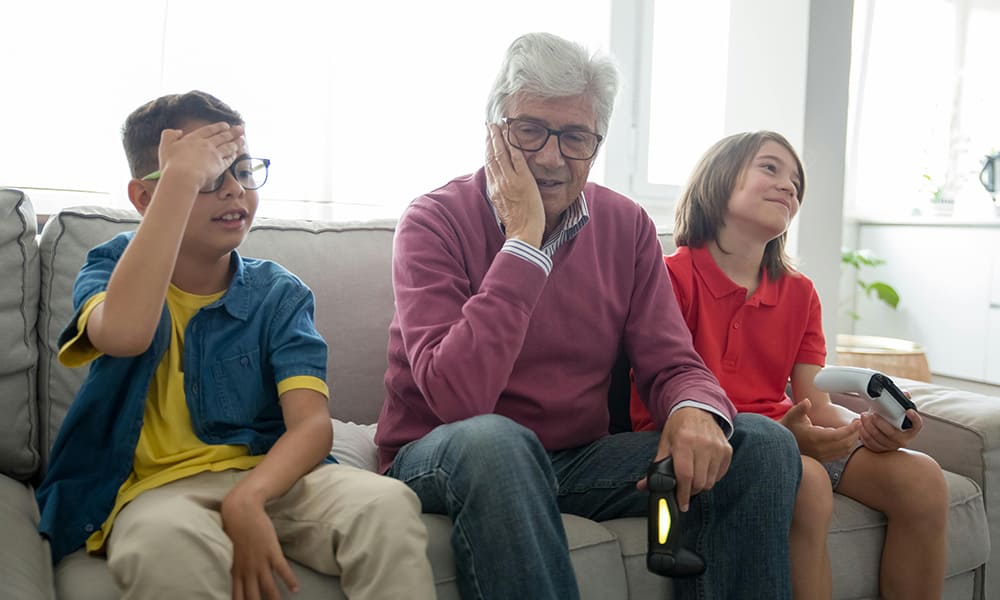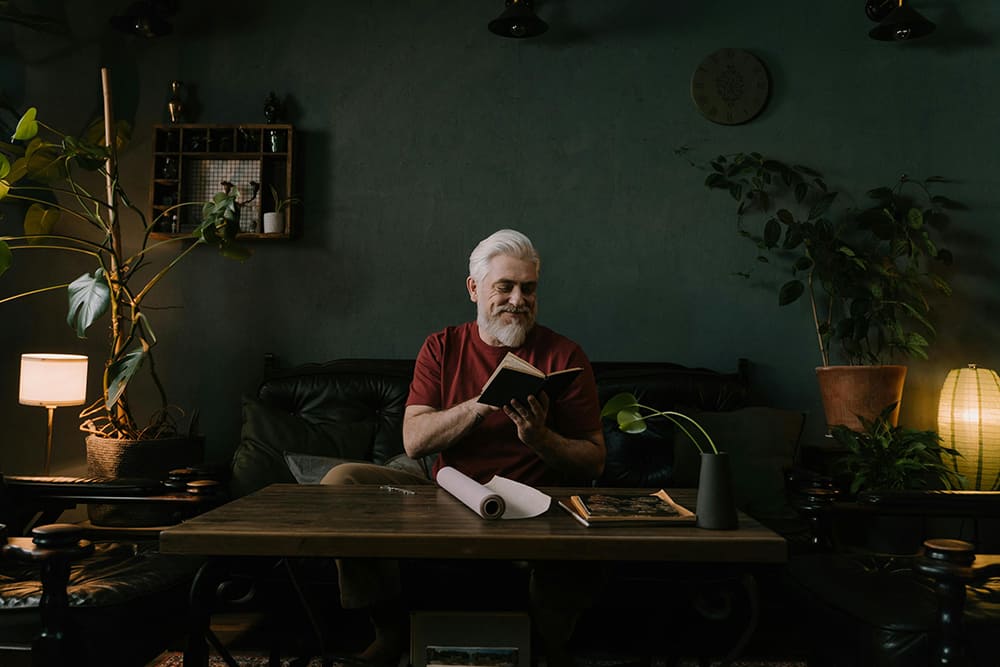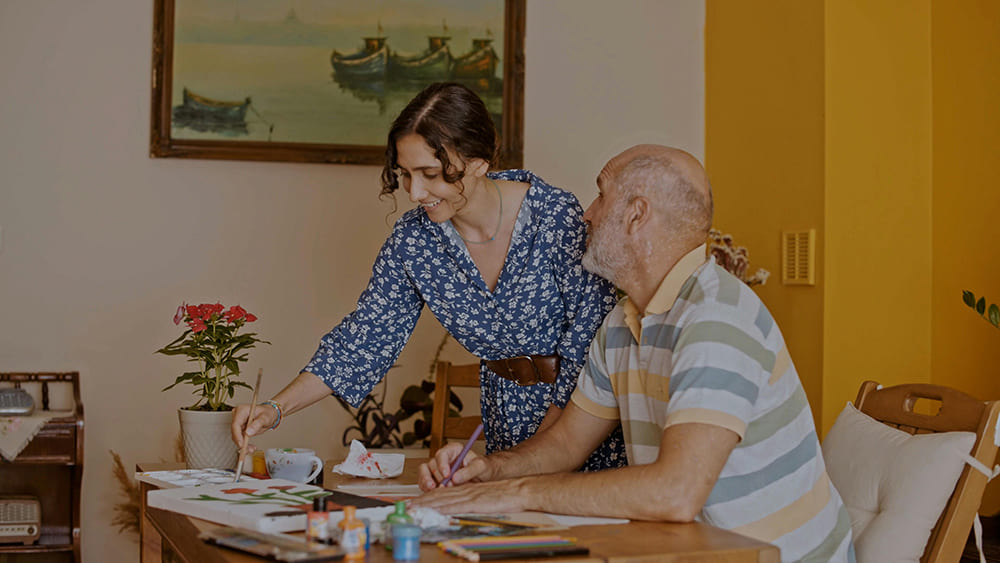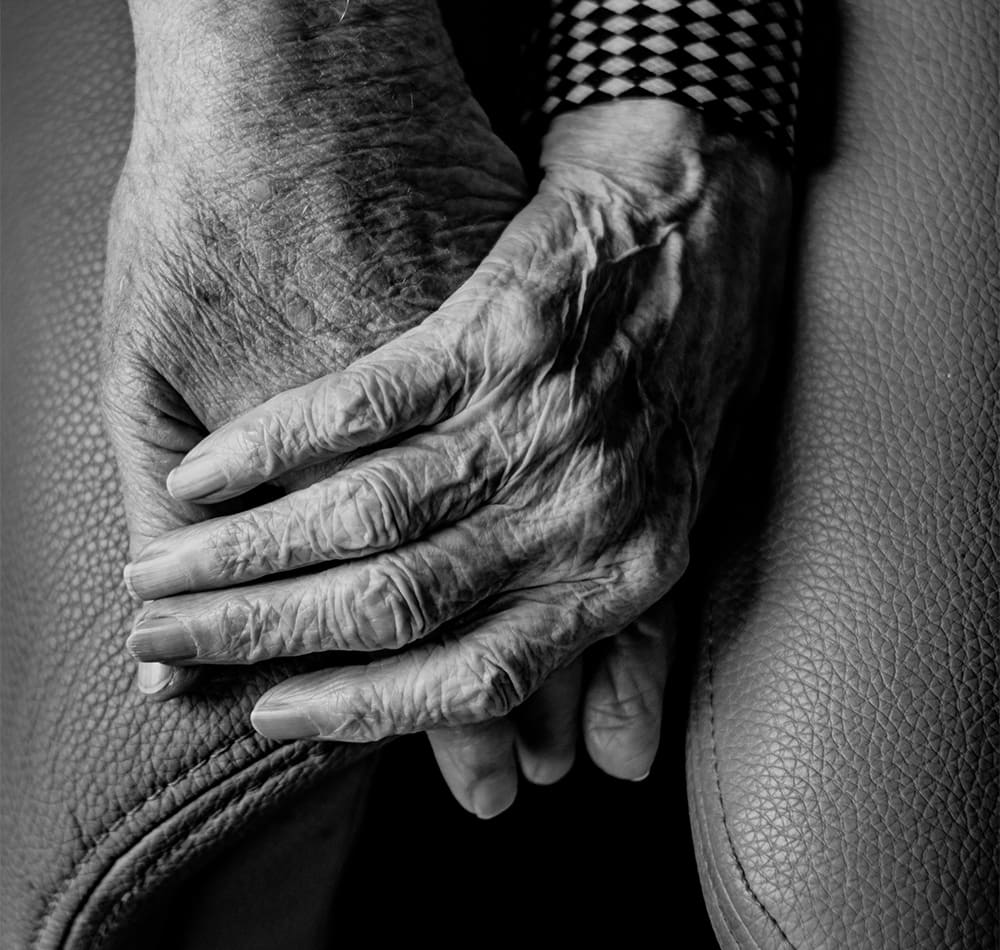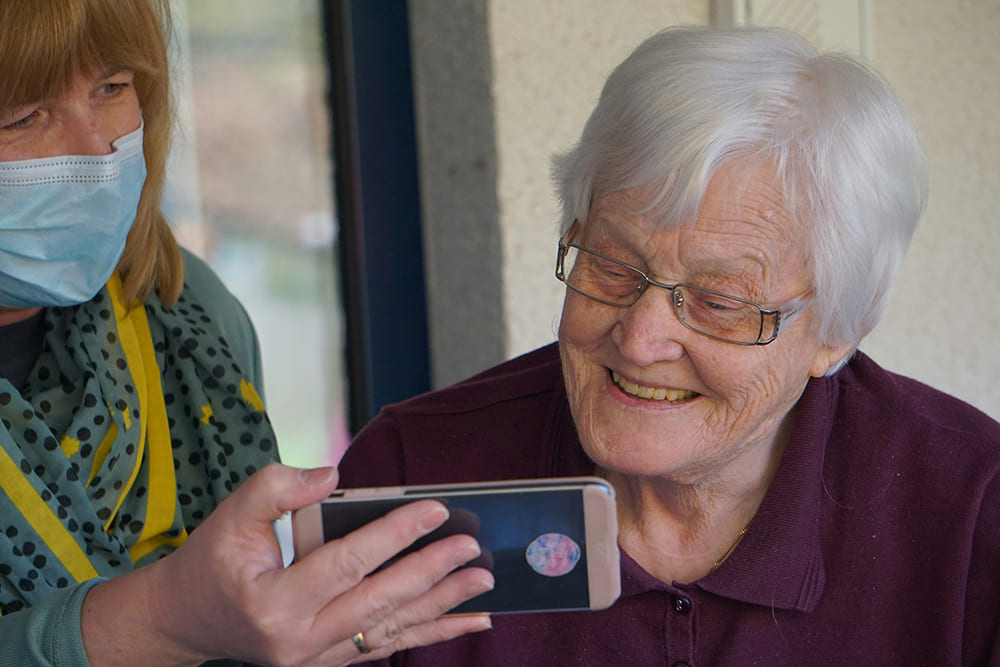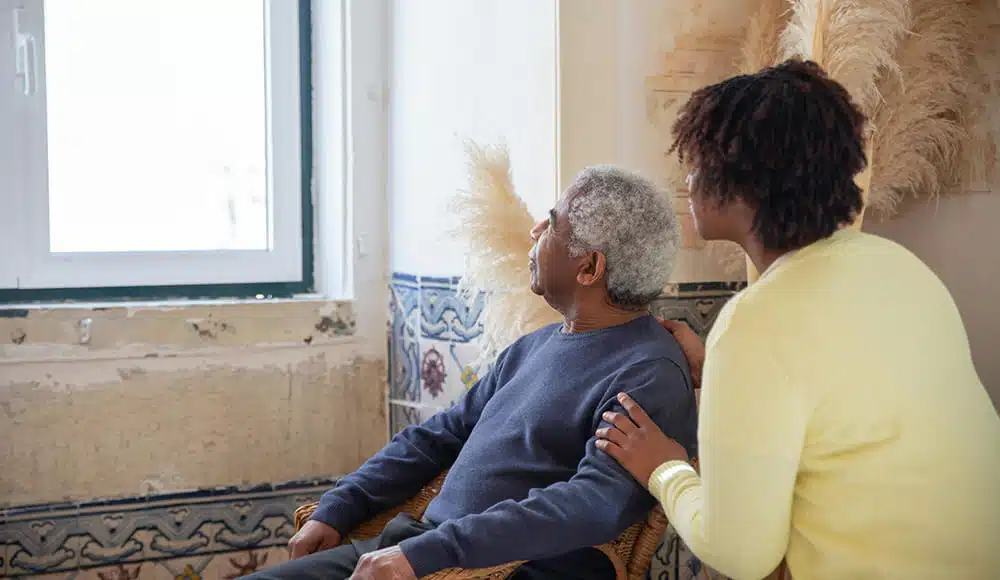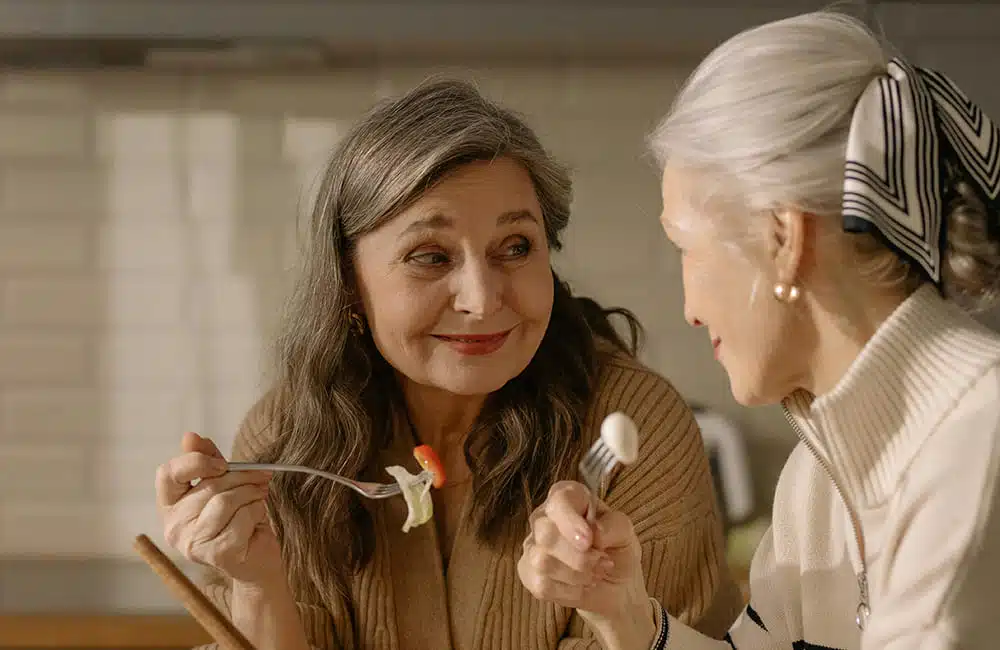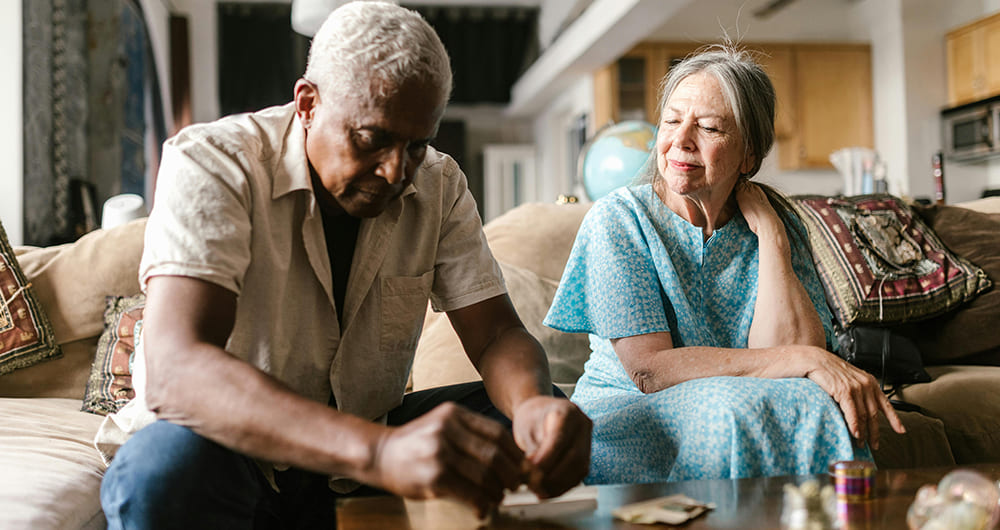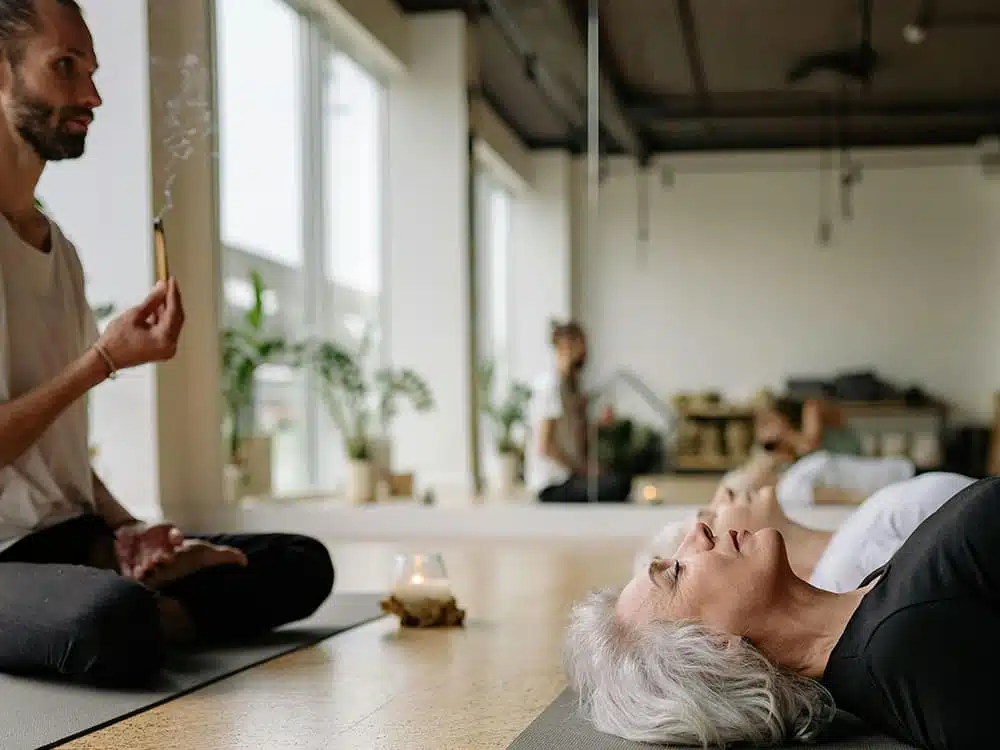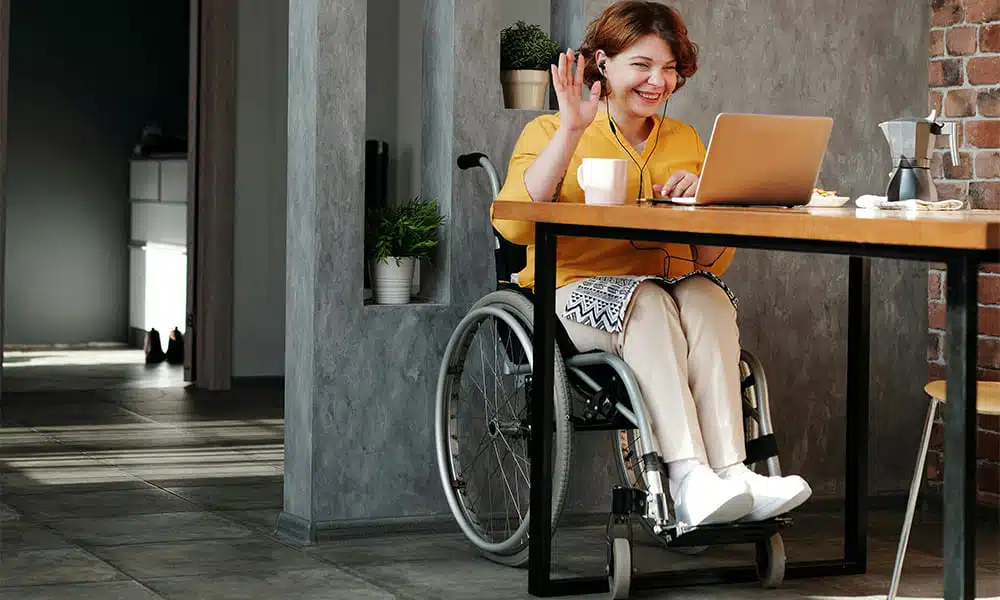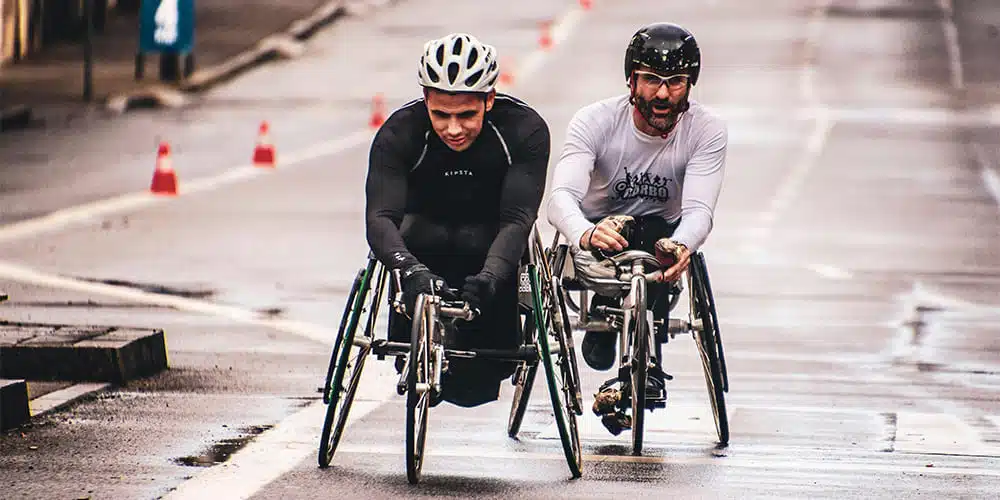Dementia in its advanced stages can be challenging, but it’s still possible to provide meaningful activities that enhance comfort and quality of life. This article offers a variety of sensory, physical, and cognitive activities tailored to individuals with late-stage Alzheimer’s. Discover how to continue engaging your loved one, even in the face of significant cognitive decline.
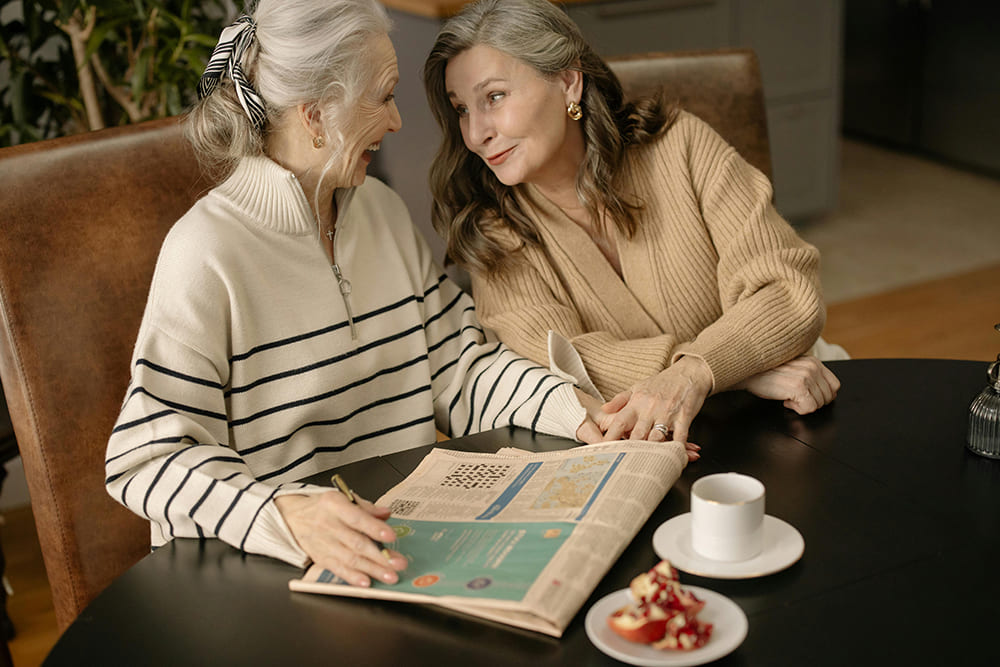
Christopher Ravn
Key Takeaways
1. Tailor activities to the individual's needs and preferences, focusing on comfort, relaxation, and sensory stimulation.
2. Incorporate a variety of activities to engage different senses and stimulate the mind.
3. Focus on providing a safe, comfortable, and supportive environment.
Table of Contents
1. Activities For Late-Stage Alzheimer's Patients
2. Best Activities For Stage 5 Alzheimer’s
3. Best Activities For Stage 6 Alzheimer’s
4. How Can You Find Suitable Activities For Late-Stage Alzheimer's?
5. How Do You Engage Someone With Advanced Alzheimer’s Or Dementia?
6. What Are The Best Therapeutic Activities Based On Stages Of Alzheimer’s?
7. How Do You Choose Activities For Advanced Alzheimer's Patients?
8. What Are Shared Activities With Individuals In Advanced Stages Of Alzheimer’s?
9. What Are The Late-Stage Care Options For Alzheimer’s Patients?
10. What Is The Life Expectancy Of A Person With Late-Stage Alzheimer's?
11. Frequently Asked Questions About Activities For Late Stage Alzheimer's Patients
Activities For Late-Stage Alzheimer's Patients
- Sensory activities such as listening to music, nature, selling scents, or fresh flowers, touching textiles or soft fabrics.
- Physical activities such as light stretching, gentle arm movements, and guided walks.
- Cognitive stimulation such as folding laundry, washing the dishes, looking at old pictures, watching their favorite shows, crossword puzzles, coloring, and other repetitive crafts.
Importance Of Suitable Activities For Advanced Alzheimer’s
It is important to select the right type of activities for advanced Alzheimer’s because they may assist in enhancing the quality of life and comfort. As the disease gets worse, patients may lose their sense of cognition and physical abilities. Thus, it is vital to provide activities that may assist in stimulating their emotions and other senses.
Activities for late-stage Alzheimer’s must be repetitive to provide familiarity, linked to the five senses such as taste, sound, smell, touch, and sight, which are simple and easy to follow. For instance, listening to one’s favorite music may bring back good memories, provide means to interact with others, and allow them to look at their experiences and history.
Best Activities For Stage 5 Alzheimer’s
- Play familiar music and encourage gentle movements, such as swaying or tapping feet. Music therapy for dementia may evoke emotions and provide a sense of joy.
- Offer soft, calming textures like blankets or stuffed animals, and provide gentle massages or stroking. This can be soothing and comforting.
- Display familiar photos or objects, and engage in conversations about the past. This can help stimulate recognition and provide a sense of connection.
Best Activities For Stage 6 Alzheimer’s
- Providing sensory books to touch and see
- Cuddling soft toys
- Having pet therapy for them to pat and spend some time with a puppy.
- Providing hand massage with some essential oils to ignite feelings of touch and smell.
- Brush their hand or hold their hands
- Let them look at old images that are beneficial to their cognition.
- Allowing them to watch series such as “I Dream of Jeanie,” “Bewitched,” or “Gone with the Wind.”
- Playing music during the era when they were around 20 or 30 years old.
- Sit in the garden and observe nature.
- Watch a game of sports such as cricket, tennis, football, or swimming.
We Believe Prioritizing Brain Health Enhances Your Quality Of Life
Get to know our team, our mission and how our EVY LIGHT® can provide you and your loved ones with a fuller life, letting you breathe a little easier.
How Can You Find Suitable Activities For Late-Stage Alzheimer's?
Alzheimer’s patients will eventually pull away from activities they once enjoyed. Thus, it is important to get them to be engaged and have a talk about what they are worried about and make any changes to include them in activities. For instance, patients may feel overwhelmed being around a large group of people. Hence, it is important to ensure that they are part of a smaller group so that they can interact freely and feel safe.
- Getting the patient to participate in activities that are catered towards their skills. For instance, playing a tune that they know on the piano.
- The patient will have moments where they are happy, sad, agitated, worried, etc. Take note when this happens.
- Notice if the patient tends to pick up any activities without guidance. For example, do they like folding the laundry? If so, insert those activities into their daily routine.
- If the patient was very active in office work during their younger days, then it is possible to encourage them to them assist with the mailing list, or arrange the table.
How Do You Engage Someone With Advanced Alzheimer’s Or Dementia?
- A consistent routine is put into place. For example: setting meal times, activities, and times of rest at the same time every day.
- Use clear and simple language when communicating and ensure that non-verbal gestures such as facial expressions are used if words can’t be used.
- Ensure that the space is safe, calm, comfortable, and free from any form of distraction. Check the area for any clutter or noise levels and provide aids that help to promote a sense of safety and security.

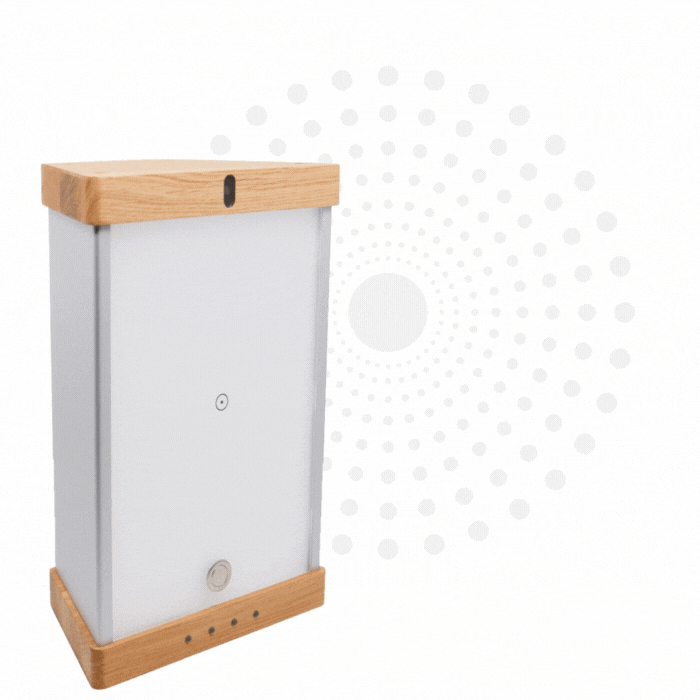
Enhance your brain performance through the power of light.
Comfortable and easy to use 40Hz light therapy to support and improve your brain function.
View Our LightWhat Are The Best Therapeutic Activities Based On Stages Of Alzheimer’s?
- Early stage: Provide activities such as washing dishes, doing the laundry, painting, journaling, writing letters, cooking, scrapbooking, and getting involved in painting. This may help to reduce anxiety, improve mood, and improve overall cognitive function.
- Middle stage: Get patients to participate in hygienic activities such as washing hands, going for a light walk, playing board games or dancing with younger children, and telling stories. It helps to improve social interaction and reduce agitation.
- Late stages: Provide simple activities such as watching a wall clock, listening to a windchime, holding a blanket, and calming the patient when they are agitated. This improves mood, reduces agitation, and provides a sense of security.
How Do You Choose Activities For Advanced Alzheimer's Patients?
- The activities are safe and have no potential risks.
- Activities are at par with the patient’s cognitive level.
- The patient is able to physically manage the activities
- Senses are engaged so that patients feel joy and are positively stimulated.
- Soft music therapy
- Aromatherapy with familiar scents
- Gentle touch, such as hand massages
- Taste familiar foods or drinks
- Short walks with assistance
- Gentle exercises like chair yoga or stretching
- Dancing to familiar music
- Spending time with loved ones
- Visiting familiar places
- Rocking in a chair
- Watching familiar movies or TV shows
- Listening to stories or audiobooks
What Are Shared Activities With Individuals In Advanced Stages Of Alzheimer’s?
Alzheimer’s patients who are in the advanced stages must connect with their loved ones. Therefore, shared activities may help to provide a sense of connection, comfort, and help stimulate the mind.
- Providing a sense of calmness, which creates a safe environment.
- Able to change activities based on the patient’s abilities and mood.
- Using scents, music, or even favorite items to promote positive memories.
- Listening to music
- Holding hands
- Massaging hands with essential oils
- Sharing a cake or ice-cream
- Singing songs together
- Reading their favorite books
- Going for walks together
- Dancing slowly to old music.
What Are The Late-Stage Care Options For Alzheimer’s Patients?
- Hospice care: This is crucial for those who are at the final stages so that their pain, symptoms, and emotional needs are met. Thus, it is important to determine when to call hospice for dementia.
- Respite care for caregivers who need temporary relief so that they can rest and recharge.
- Assisted Living Facilities provide communal services such as dressing, bathing, feeding, and other social opportunities.
- Nursing homes that provide 24-hour medical care and assistance for patients.
- Home care also provides medical and personal care services but these would be at the patient’s home.
- Palliative care assists in reducing pain and stress and managing any other issues that the Alzheimer’s patient is experiencing. These services are provided at nursing homes, hospices, and hospitals.
In-Home Vs. Facility Care
- The benefits of this are that patients are placed in a familiar and comfortable environment where they may have a sense of independence and is less expensive.
- The drawback of this is that it places a burden on the caregiver in terms of stress, finances, and even burnout. It would be dangerous if the patient was living alone.
- The benefits are that the patient has access to trained staff and nurses, can participate in activities, is located in a safe environment and provides breaks to family members.
- The drawbacks are that it is more expensive, patients do not have control over their lives, and it takes a while for them to adjust to the new environment.
Palliative Care And Hospice
Palliative care and hospice care have something in common: they help to reduce suffering and enhance the quality of life of patients with serious ailments. However, they are different in scope and timing.
Palliative care provides thorough care for patients who suffer from cancer, heart failure, chronic obstructive pulmonary disease (COPD) and other ailments. It assists with depression, fatigue, pain, constipation, nausea, loss of appetite, anxiety, sleep issues, and other symptoms.
Palliative care and hospice share a common goal: to alleviate suffering and improve the quality of life for individuals with serious illnesses. While they differ in scope and timing, both focus on symptom management and comfort care.
As for hospice care, it is catered towards patients who are at the last stages of their life: six months or less. Thus, it focuses on managing the symptoms and side effects and provides pain relief, emotional support, practical assistance, and bereavement support to family members.
What Is The Life Expectancy Of A Person With Late-Stage Alzheimer's?
- Age of the patient. Patients who are over 80 are believed to have a shorter lifespan.
- Health conditions such as cancer, heart disease, and diabetes reduce the life expectancy.
- Stages of dementia, such as late-stage Alzheimer’s, are known to severely decline one’s daily functioning.
- Unable to access quality healthcare such as medications and support services.
- The patient’s symptoms and pain are managed
- Social connection and emotional support are provided.
- There are meaningful activities.
- Support is provided by family and caregivers.
Learn What Others Have Experienced with EVY Light
See how others have achieved a sharper mind by activating their gamma brainwaves in combination with maintaining a healthy lifestyle.
Frequently Asked Questions About Activities For Late Stage Alzheimer's Patients
What Are The Best Activities For Late Stage Alzheimer’s?
- Sensory activities such as listening to music, nature, selling scents, or fresh flowers, touching textiles, or soft fabrics.
- Physical activities such as light stretching, gentle arm movements, and guided walks.
- Cognitive stimulation such as folding laundry, washing the dishes, looking at old pictures, watching their favorite shows, crossword puzzles, coloring, and other craft activities for dementia patients.
How Can You Help Someone With Late Stage Alzheimer's?
- A consistent routine is put into place. For example: setting meal times, activities, and times of rest at the same time every day.
- Use clear and simple language when communicating and ensure that non-verbal gestures such as facial expressions are used if words can’t be used.
- Ensure that the space is safe, calm, comfortable, and free from any form of distraction. Check the area for any clutter or noise levels and provide aids that help to promote a sense of safety and security.






